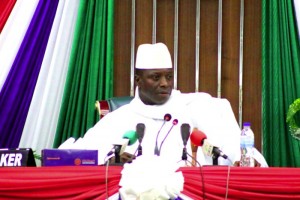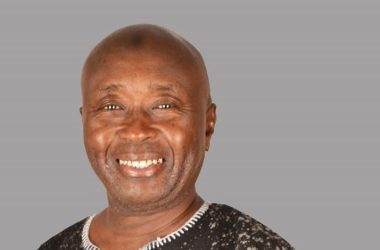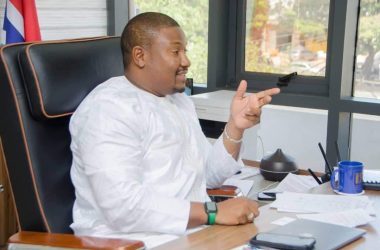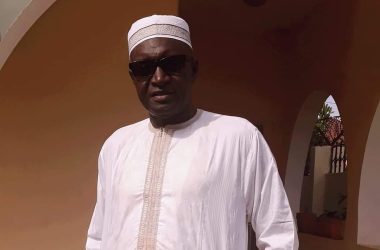 (JollofNews) – Elections constitute an important element in modern liberal democracy. They serve as a viable means of ensuring the orderly process of leadership succession and change and an instrument of political authority and legitimation.
(JollofNews) – Elections constitute an important element in modern liberal democracy. They serve as a viable means of ensuring the orderly process of leadership succession and change and an instrument of political authority and legitimation.
At a point in time over the past decade one could have been tempted to say Africa has undergone political renewal, but it appears the democratic project is in crisis in a good number of African states. The evidence points to a gradual but worrying return into autocratic and authoritarian regimes under the cover of democracy.
It is easy to contemplate that yesterday’s despots and military tyrants have resurfaced as today’s “born-again” democrats to re-establish or perpetuate their rule, while in others, a new breed of budding autocrats are emerging. This shift towards democratic retreat tends to leave elections and the electoral process as the major victims as the electoral processes and structures are often characterised by careless manipulations. As a result of this, there is a tendency to regard elections not as a catalyst, but as a devalued element and a fading shadow of the democratic process in most African countries.
The lack of confidence in the electoral process in most African countries is undermining democracy in Africa. Joseph Schumpeter made the following observation, “Democracy means only that the people have the opportunity of accepting or refusing the men who are to rule them”. Simply put, democracy is about conducting elections and choosing political leaders.
The most important elements of liberal democracy are: political participation of the citizens; competition among political agents, especially political parties; and the granting of a host of civil and political liberties, which include freedoms of expression, association and the press, sufficient to ensure the integrity of political competition and participation. Without these elements, there can be no confidence in the electoral process and hence, transparency and legitimacy will be questioned. But the big question mark is, how many of these elements are often fully respected in African electoral processes?
As elections approach in The Gambia, it is the duty of the government to ensure a transparent, free and fair elections is conducted where coercion is absent; all adults have the right to vote; the Gambian citizens possess civil and political rights; there is easy access to information not monopolized by the state or the ruling party. This is the political accountability the government of The Gambia owes to the citizens.
As Richard Joseph noted, “Renewal in democratic systems usually occurs via elections. Any political system which does not undergo such will ultimately atrophy and suffer decay”. Hence, it can be argued that elections constitute perhaps the most important element in the conception and practice of liberal democracy. Karl Marx, writing on the Jewish question in 1843, asserts that the institutions and nuances of liberal democracy, which include periodic elections, must be taken seriously, as they constitute the process of political emancipation necessary to achieving human emancipation and liberation. On this basis, the Gambian government owes the electorates the opportunity to participate in a free and fair election.
Gambians must vote with understanding and not engage in “clientelist vote,” where they

(the electorates) are in a captive situation, mainly trading their votes for token material incentives from party leaders, thus turning votes and elections into commodities. They must vote for a better future, vote for a government that will give them a voice to speak and uphold freedom of speech and the press, a government that will respect their human rights, a government that will be committed to reducing poverty and improving their living standards, a government that will provide jobs for the younger generation.
Franklin D. Roosevelt, President of the United States: 1933-1945 once said, “Let us not be afraid to help each other—let us never forget that government is ourselves and not an alien power over us. The ultimate rulers of our democracy are not a President and Senators and Congressmen and Government officials but the voters of this country.” Drawing on the words of Franklin D. Roosevelt, the Gambian people should push on in the confidence of choosing a leader who will uphold their human and constitutional rights, a leader who will defend justice and promote unity, a leader who will be the insurer of security for every Gambian man, woman and child.
Lastly, to the ruling party and all contesting opposition parties in the Gambia, the political context of elections must not obscure the essence of elections, making them serve as a passport for the tyranny of the Gambian people. For where there is a tyranny of the majority, as Smith Hempstone rightly observed, there can be no democracy. In essence, while the political context of a democracy may ensure majority rule, it must also guarantee minority rights, due process, equality before the law, transparency and accountability, limitations on the power of the state and a spirit of tolerance and compromise.




